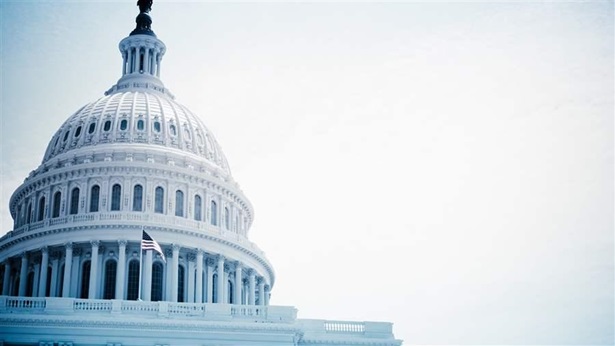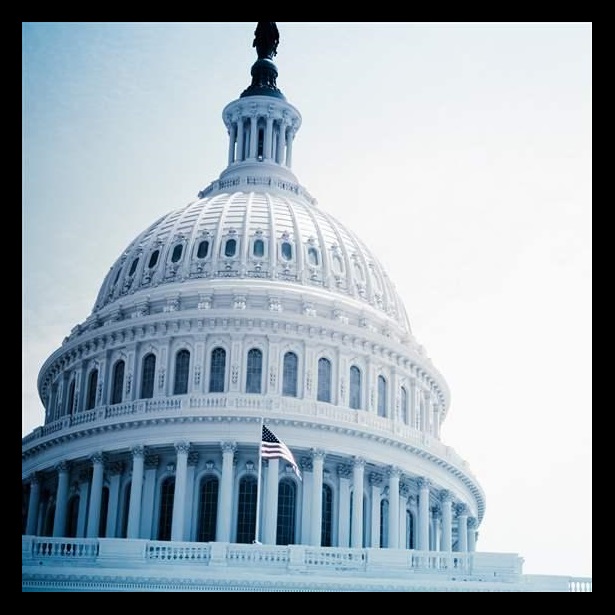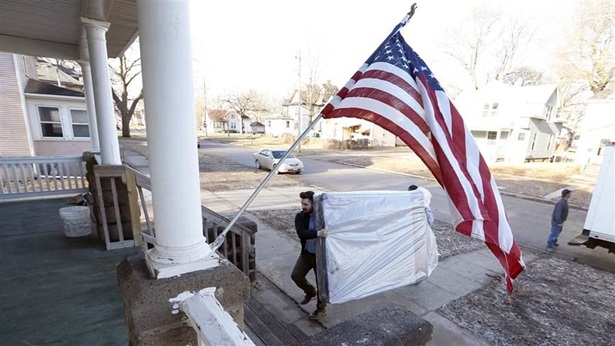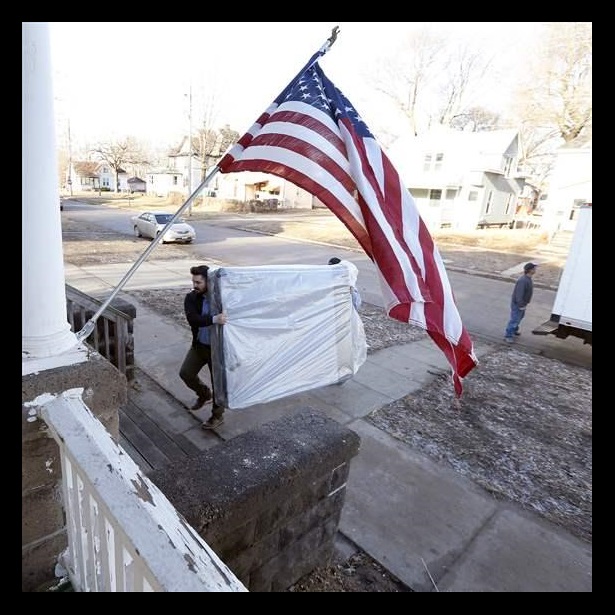States are Laboratories for Evidence-Based Policymaking
Policymakers face difficult choices about how to move our country forward and often don’t agree. Still, most would say that decisions about government policies should be informed by accurate data and designed to produce successful outcomes. That’s why Congress created The Commission on Evidence-Based Policymaking, envisioning a future in which rigorous evidence is created efficiently and routinely and used to develop and implement effective public policies.
The commission, established by Congress in March 2016 with bipartisan support, was tasked with studying how the federal government’s use of data and evidence — often already in its possession — could be improved while protecting consumer privacy and confidentiality.
Last month, the commission issued its final report, which includes such recommendations as facilitating researchers’ access to data, modernizing privacy protections, and strengthening the capacity of federal agencies to interpret and evaluate the evidence they collect.
Although the federal government has been slow to adopt evidence-based policymaking, the same is not true for many states. So it’s not surprising that as the commission deliberated over the past year, members wanted to learn more about how states use data and evidence to inform policy. In testimony to the commission, the Pew-MacArthur Results First Initiative helped answer that question by drawing on its work with 26 states and 10 counties to highlight some of the ways state and local government leaders are working to use evidence to make decisions.
New Mexico, for instance, gives funding priority to evidence-based programs — including adult criminal justice, child welfare, and early education programs where data supports the likelihood of positive outcomes and high returns on investment.
Similarly, Colorado targets funds to evidence-based interventions designed to reduce adolescent delinquency and substance use. By incorporating rigorous analyses into their legislative and executive budget guidance, both states have demonstrated an ongoing commitment to research-based policy making.
One of the lessons gleaned from states such as New Mexico and Colorado is that evidence-based policymaking requires a skilled staff with the capability — and time — to learn, apply, and interpret new analytical tools. The commission’s report includes a set of recommendations aimed at strengthening the capacity of federal agencies to make the best use of evidence.
The commission also recognized that while states administer many federally funded programs and collect administrative data that would be valuable for evidence building, that information is not consistently shared with federal agencies.
To overcome this challenge, the report’s recommendations include stronger federal-state partnerships in collecting and sharing data. Combining data sets, the commission wrote, would lead to a larger evidence base, better evaluations, and improved programs that would benefit both state and federal agencies — and the public.
In its report, the commission acknowledges that insufficient resources and capacity might make it tough for some states to comply with data-sharing requirements. However, it’s difficult to know how widespread this capacity problem is, because there is no comprehensive source of information about how state governments use data to drive policy decisions.
Yet, preliminary findings by Pew’s project on data as a strategic asset indicate that despite challenges, states led by Republicans and Democrats are moving ahead in developing their own innovative ways to use data to craft policy responses to complex problems, improve service delivery, manage resources, and measure the effectiveness of existing programs and policies.
For example, officials responsible for homelessness and veterans services in Virginia recognized that linking and analyzing their programs’ data would allow them to better understand veterans's needs, monitor trends, evaluate programs, and determine which approaches work best. A wide variety of service organizations, as well as city, county, and federal agencies, worked together to share and coordinate their use of data, bringing the state’s rate of veteran homelessness to the lowest in the nation.
The work of the Commission on Evidence-Based Policymaking demonstrates what can be accomplished when leaders across the political spectrum come together to solve problems and serve the public interest.
Ingrid Schroeder directs the fiscal federalism initiative for The Pew Charitable Trusts.


America’s Overdose Crisis
Sign up for our five-email course explaining the overdose crisis in America, the state of treatment access, and ways to improve care
Sign up

The Impact of Federal Tax Changes on States


Data Sharing Helps Reduce Number of Homeless Veterans
Virginia’s information analysis assists in determining needs, managing resources


States Engage in Evidence-Based Policymaking
A national assessment










